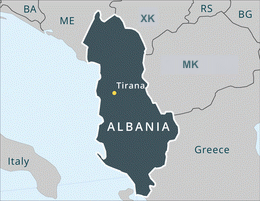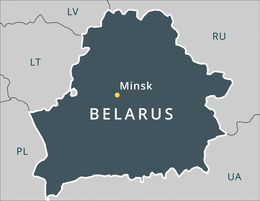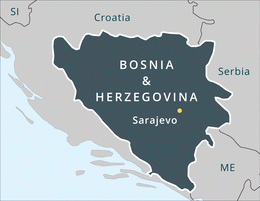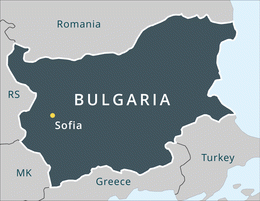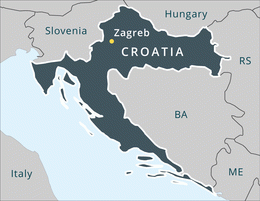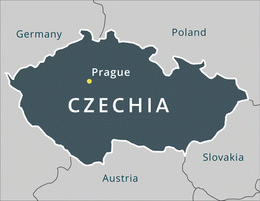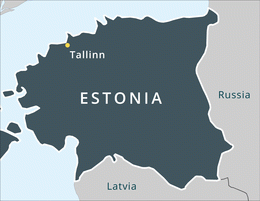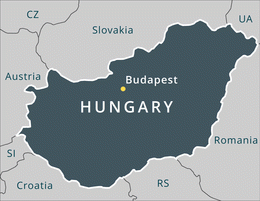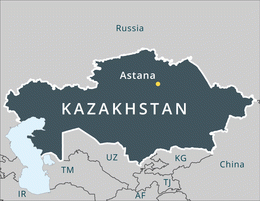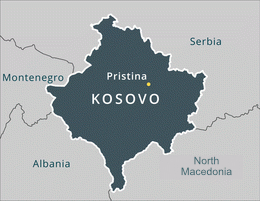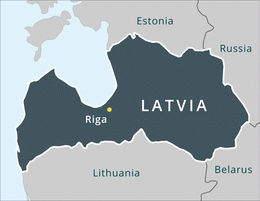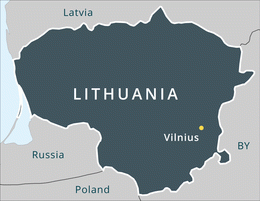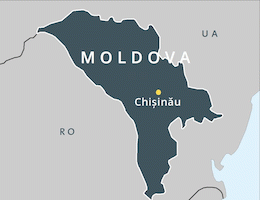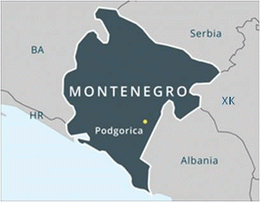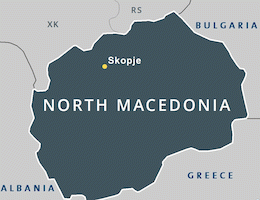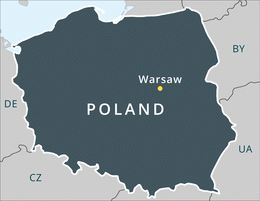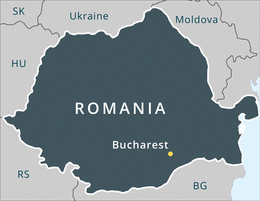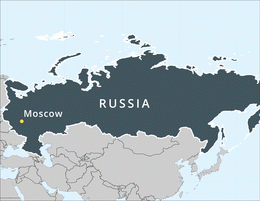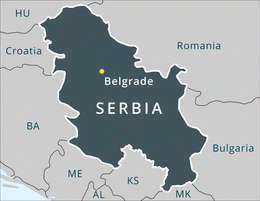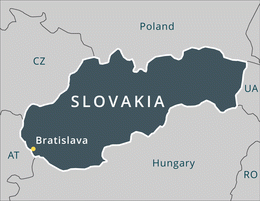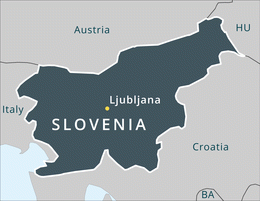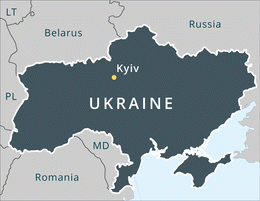Countries Overview
Albania
The economic outlook is stable. Economic growth has been stable and solid, averaging 3.7% for the first three quarters of 2025. It has been driven by domestic ...
Belarus
Declining exports were the main reason for the sharp slowdown in GDP growth to 1.3% in 2025, after 4.3% in 2024. The physical volume of exports was roughly 10% ...
Bosnia and Herzegovina
Economic activity in 2025 showed moderate growth, with variable performance across the different sectors. Real GDP expanded by 2.1% in Q3 2025 (year on year), ...
Bulgaria
Domestic demand remains the main growth driver. During H2 2025, the economy continued to grow robustly, at slightly above 3%, driven by strong domestic demand. ...
Croatia
After around 3% in 2025, economic growth is expected to moderate this year, though it will remain above the euro area average. Last year, growth was driven by ...
Czechia
Domestic demand remains the main driver of growth. The Czech economy maintained a strong growth trajectory through late 2025, with Q3 GDP increasing by 0.8% ...
Estonia
Following a prolonged period of recession and stagnation, Estonia is set to return to growth. After an estimated 1.4% in 2025, real GDP growth is projected to ...
Hungary
The spectacular take-off envisaged by the government for 2025 did not come about. Data on Q4 suggest that annual GDP growth may have amounted to only 0.3%. Weak...
Kazakhstan
After decade-high economic growth of 6.5% in 2025, the economy is expected to slow this year to 4.5%. The boost from the Tengiz oil field expansion, which ...
Kosovo
There has been solid growth amidst the political uncertainty. The economy expanded by 3.5% in Q1-Q3 2025, driven by investment and consumption. Overall growth ...
Latvia
More rapid growth lies ahead. Following a period of recession and stagnation in 2023-2024, the Latvian economy started to recover last year, and economic ...
Lithuania
Economic recovery is continuing at a decent pace. Following a recovery in 2024, the Lithuanian economy grew satisfactorily last year, with the wind set fair for...
Moldova
Growth has resumed, thanks to the good weather. After stagnating in H1 2025, GDP grew by 5.2% in Q3 year on year; that makes 2% for Q1-Q3. Value added in ...
Montenegro
Economic growth is set to stay moderate rather than accelerate. After an estimated 3.3% in 2025, we expect a continuation of steady growth of slightly above 3% ...
North Macedonia
Growth has turned out to be stronger than we had expected. Real GDP increased by 3.8% in Q3 2025, and we now estimate full-year growth at 3.4%. This is still ...
Poland
Economic growth remains robust, supported by disinflation and resilient domestic demand. In Q3 2025, real GDP expanded by 3.8% year on year, and full-year ...
Romania
Delays to fiscal consolidation allowed for a temporary improvement in 2025. Economic growth picked up in Q3, so that GDP was 1.5% higher in Q1-Q3 2025 than a ...
Russia
After two years of economic boom in 2023-2024, in 2025 the economy cooled steadily to reach stagnation by the end of last year. After 1.2% in H1 2025 (year on ...
Serbia
Economic growth remains anaemic, largely due to weak FDI inflows. Real GDP is estimated to have grown by 2% in 2025, in line with our forecast and well below ...
Slovakia
In 2025 GDP growth in Slovakia was rather subdued. The latest growth data show a slightly better result for Q3 2025 (0.9% year on year) than for Q1 and Q2 (0.8%...
Slovenia
After a slowdown in 2025, GDP growth is expected to accelerate to 2% in 2026, partly supported by favourable base effects. The acceleration will be ...
Turkey
Economic activity has so far remained resilient, despite high inflation, tight monetary policy and weak external demand. In 2025, the main drivers of growth ...
Ukraine
The outlook is worsening. In 2025 the growth of Ukraine’s economy slowed to about 2%, compared to 3.2% in 2024. The main factors behind the sluggish dynamics ...
